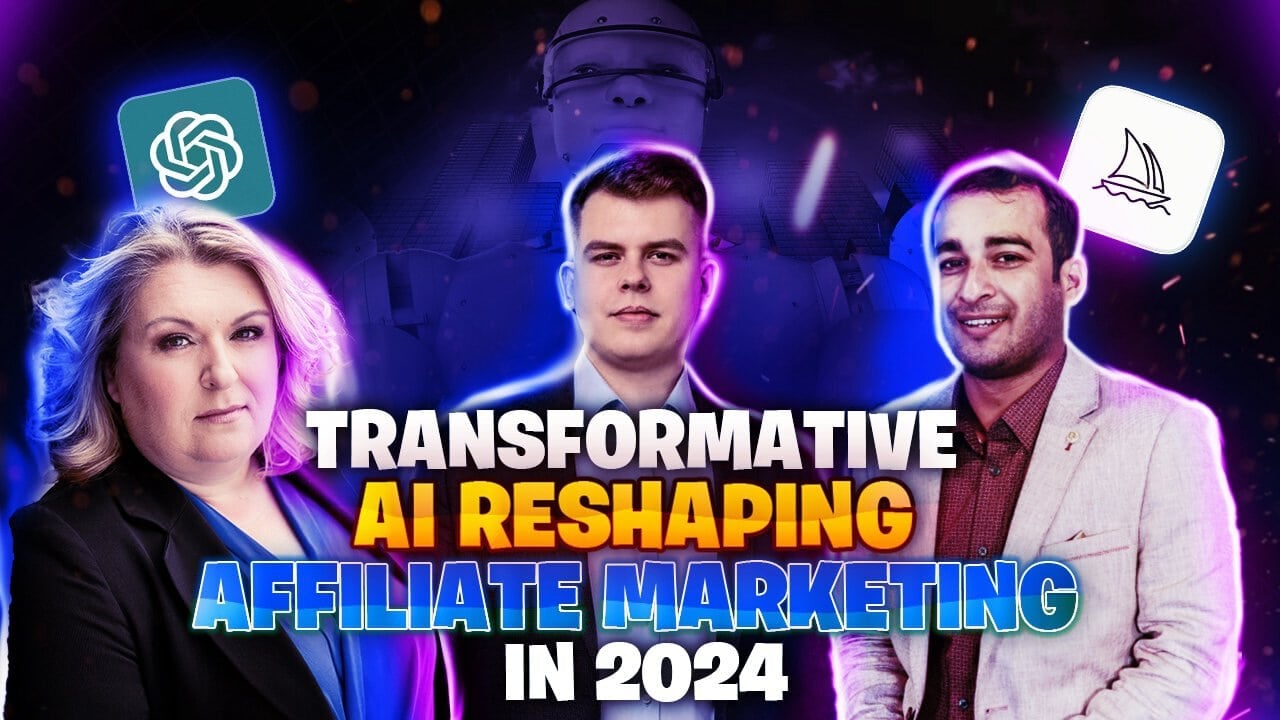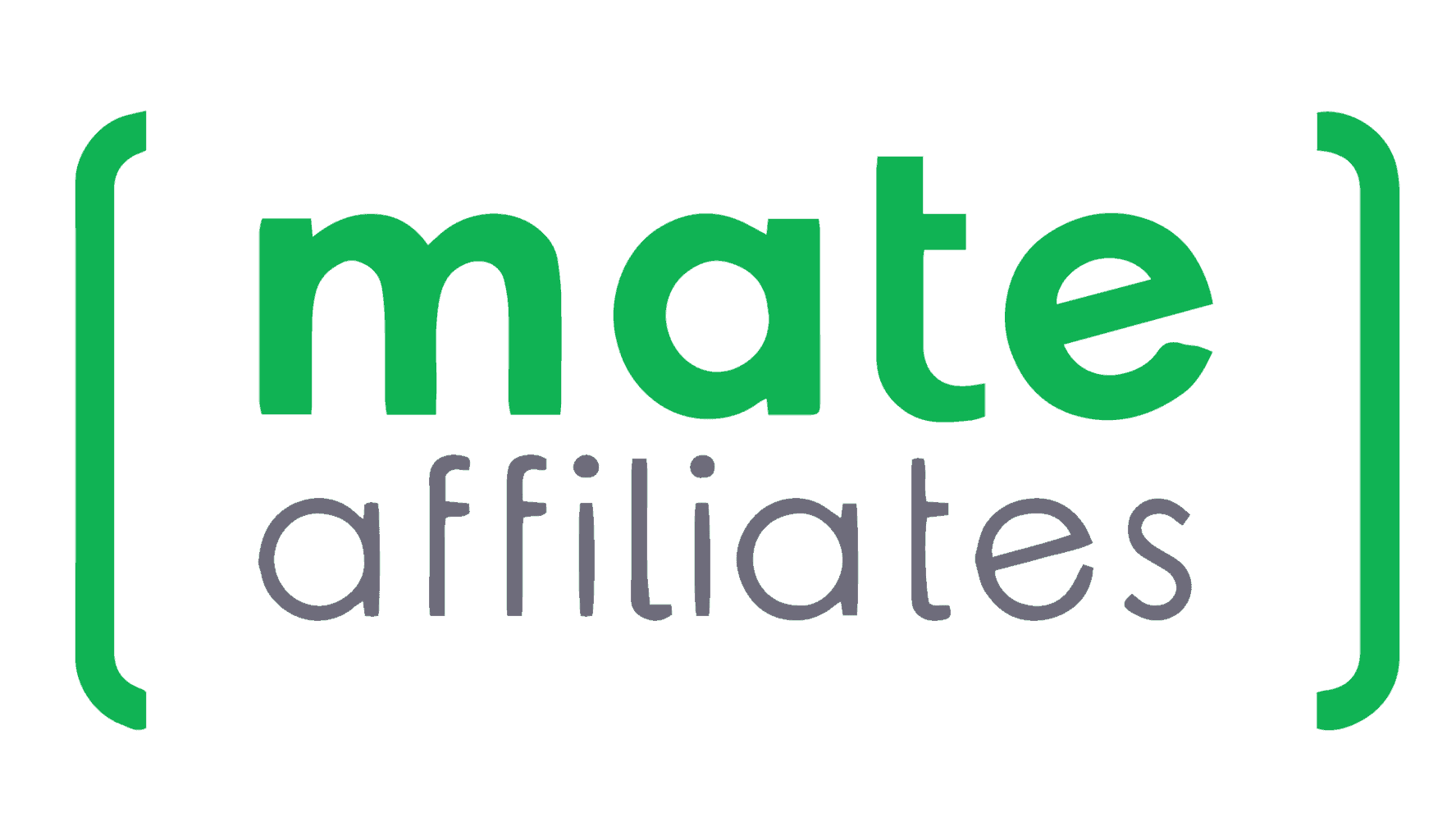BetBlocker Manager Duncan Gracie spoke to Affiverse, about the role of the app in supporting ongoing industry and wider health initiatives on problem gambling and social responsibility, as well as why it’s crucial the app is free.
Affiverse: Ad / App blockers have long been a cause for concern for online marketers but how can this new Android app allow affiliates to better promote responsible gambling?
Duncan Gracie: Firstly, BetBlocker is not just an Android app – it is available for Windows, Apple, Linux, Android and iOS. The most recent feature release is Android specific and that is that we’re now blocking gambling apps for Android users.
I’d also like to clarify that BetBlocker is not in any way an “Ad Blocker”. The problem with Ad Blockers for affiliates is that these indiscriminately block advertisements the user would otherwise be shown regardless of what the advertisement is for. These work perfectly on sites that display random adverts but obviously create a problem for affiliates as any user who happens to have one installed may end up unable to see the advertisements that the affiliate includes on their site. BetBlocker does not block advertisements. It blocks websites entirely in a far more targeted manner and its core product blocks gambling operator websites.
So for the majority of BetBlocker users affiliate sites will be unimpaired. BetBlocker can be extended at the user to include gambling information (affiliate) sites, but this restriction is far less comprehensive than the operator block and includes only the highest traffic affiliate sites or those that are specifically requested by our users. Unlike operators, where we can gather information about new sites from license pages, there are no centralised databases of affiliate sites for us to work with.
There is no question that BetBlocker could restrict some traffic from seeing an affiliate’s site or from seeing the operators those affiliates are promoting. However in the current market, with regulators getting increasingly focused on Responsible Gambling, it is in the entire industry’s best interests to ensure that they are actively engaged in minimising the social damage that gambling can cause.
This is no longer the sole domain of gambling operators and many operators are now investing a lot of time and effort in ensuring that their affiliate partners convey a socially responsible message, opting out of cooperating with affiliates who are not ‘on message’ in this sense.
Any affiliate that is interested in building a strong and positive brand understands that we as an industry have to work together to protect vulnerable players and BetBlocker as a free resource is a great way for everyone to do that. It sends out a clear message on social responsibility without increasing overheads for operators or affiliates.
AI: Over the last year or two, we have seen a huge shift towards responsible gambling and the implementation of measures to prevent problem gambling – why do you think this is?
DG: Gambling addiction is a problem that has grown as our industry has grown. Without question mobile capable devices have been a huge positive for the gambling industry. The increased portability and ease of access has resulted in diminished barriers to users and increased uptake.
But these same factors have increased the availability and ease of access to gambling services for those individuals who are prone to addictive or compulsive tendencies related to gambling. This greater exposure for vulnerable players requires that the industry be subject to stronger oversight and make greater effort to minimise the negative social impacts that the business can create.
AI: How do you envision BetBlocker supporting ongoing industry and wider health initiatives on problem gambling and social responsibility standards?
DG: The social benefits of this project are self-evident – gambling addiction can ruin lives, causing the breakdown of families, the loss of homes and even in extreme circumstances self-harm. Anything we as an industry can do to offset or reduce these social costs results in a win/win for all parties.
Players have increased support systems to assist them in engaging with gambling in a responsible manner while the industry generally improves the trust that consumers have in it and reduces the potential for negative press exposure.
AI: Can you detail BetBlocker’s product journey from its initial concept, and its planning through to its development and initial launch?
DG: BetBlocker was a concept we started discussing in the second half of 2017. It was a response to the increased volume of Responsible Gambling related complaints that we were managing via ThePOGG.com’s complaint service. I’d spent time looking at the services that we could direct complaints to where they could get help and reviewing the available filtering software targeting the gambling market was uncomfortable that these were all commercial projects.
People experiencing gambling issues tend to already be at a financial deficit and putting a financial barrier between these users and help will force those in the most desperate need to choose between spending their available funds on life essentials and paying debts or getting help.
We set this up on a separate domain – betblocker.org – specifically because we didn’t want people who are struggling with gambling addiction to have to come to a site advertising gambling to get help. It was obvious from the start that this needed a home of its own away from the rest of our business.
By early 2018, we had functioning versions of the desktop applications, however the mobile versions proved significantly more challenging to develop. The mobile platforms place restrictions on the system resources that developers can access that required a lot of trial and error testing to get working. This took us over 12 months to work through and huge thanks has to go out to the many users who helped us identify and rectify the issues that came us.
We now have hundreds (and in most cases thousands) of users on each platform and are confident that the platforms are stable.
AI: Can you explain the decision behind making the service subscription-free? Why was this decision made?
DG: As was explained above, asking gambling addicts to pay for help is asking them for the one resource they almost certainly do not have. Even if some could afford it, those most in need of the help will not be able to. We wanted to ensure that the tool was available to those that most needed it and that required that we not charge for access.
Even for those that aren’t destitute but just feel their gambling’s getting away from them, once you consider that most people today have multiple internet capable devices and would have to buy multiple licenses the costs start to add up and an at risk player is then at risk of not engaging with a tool that could help them.
Alongside this, with no judgement at all, socially there is a negative stigma associated with gambling addiction and many people are very embarrassed to admit there is a problem. The idea of having a gambling support related tool turning up on bills or bank statements that their family may see can be very off-putting. By keeping it free these transactions never occur and one more barrier is removed between the person and getting help.
























